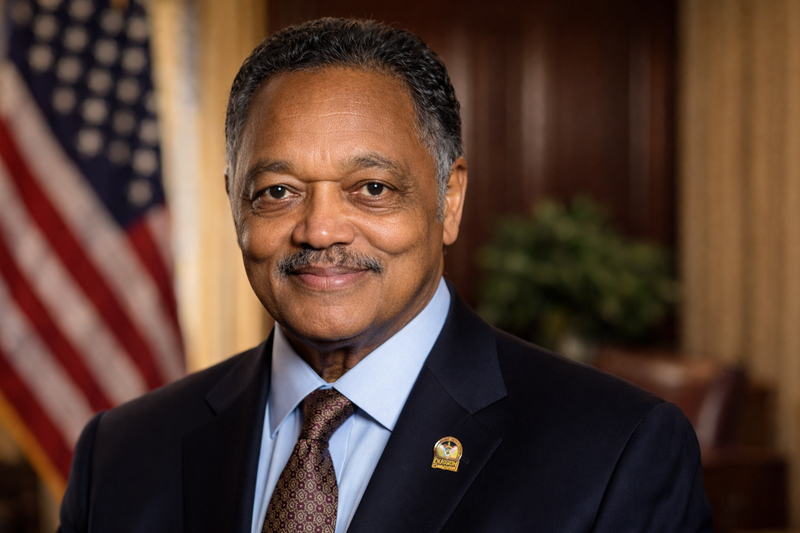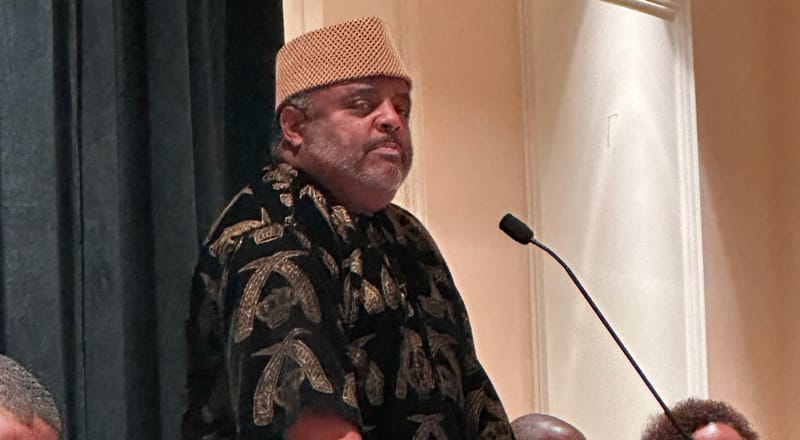Supreme Court Case Could Threaten African American Representation in Louisiana
African American voters in Louisiana have long faced systemic barriers to fair representation.
BATON ROUGE, La. — The U.S. Supreme Court appears poised to issue a ruling that could further undermine the Voting Rights Act and jeopardize political representation for African Americans in Louisiana. The case, Louisiana v. Callais, challenges the legality of a second majority-Black congressional district created after the 2020 census, a district designed to ensure fair representation in a state where nearly one-third of the population is Black.
Historical Context: Unequal Representation
African American voters in Louisiana have long faced systemic barriers to fair representation. During the Jim Crow era, discriminatory laws—including literacy tests, poll taxes, and intimidation—suppressed Black political power. Even after the Voting Rights Act of 1965, Louisiana’s congressional maps frequently diluted Black voting strength, leaving African Americans underrepresented relative to their population share. Today, the Supreme Court’s review threatens to roll back protections that have enabled Black communities to gain political influence, putting decades of progress at risk.
The Dispute: Louisiana Redistricting Under Fire
The case focuses on the 2024 redistricting map, which created a second majority-Black district after extensive litigation. Louisiana now has two majority-Black congressional districts out of six seats. Normally, this arrangement would have ended the legal dispute, but a group of non-African-American voters challenged the map, arguing that the legislature had given special treatment to Black voters.
Louisiana Solicitor General Benjamin Aguiñaga argued that “race-based redistricting is fundamentally contrary to our Constitution,” reflecting a broader conservative argument that considering race in drawing district lines violates the 14th Amendment’s Equal Protection Clause.
Supreme Court Deliberations
Conservative justices, including Chief Justice John Roberts and Justice Brett Kavanaugh, questioned whether race-based remedies should be indefinite. Kavanaugh noted that such remedies should have an end point, even while acknowledging the historical context. Justice Samuel Alito suggested that seeking partisan advantage is not equivalent to seeking a racial advantage, signaling openness to limiting race-conscious redistricting.
In contrast, liberal justices and voting rights advocates emphasized the reality of racially polarized voting in Louisiana, where over 84% of white voters do not support Black candidates. Janai Nelson of the NAACP Legal Defense Fund told the Court that nullifying or limiting the Voting Rights Act provision that allows majority-Black districts would be “catastrophic” and reverse the progress that has made African American representation in Congress possible across the South.
Districts Most Affected
- 6th Congressional District – Represented by U.S. Rep. Cleo Fields, this district stretches from Baton Rouge to Shreveport. After 2024 redistricting, Black voter registration increased from 24% to 54%. Eliminating this district could drastically reduce African Americans’ ability to elect candidates of choice.
- 2nd Congressional District – Represented by U.S. Rep. Troy Carter, this district covers New Orleans and surrounding areas. While not directly challenged, it could face changes if the Court limits race-conscious redistricting nationwide.
Statements from Key Leaders
Rep. Cleo Fields warned, “Either we're going to have a Voting Rights Act that's going to be enforced, or we're not,” emphasizing the national stakes of the Court’s ruling.
Rep. Troy Carter added, “That means that you can just draw lines that mean anything whatsoever. Diluting the strength of minorities,” cautioning that the decision could enable racially biased gerrymandering beyond Louisiana.
Governor Jeff Landry has argued that congressional maps should not be drawn primarily on racial lines, citing the 14th Amendment’s Equal Protection Clause. Landry highlighted the financial toll of defending redistricting lawsuits, which has cost Louisiana over $40 million since 2012. He has called a special legislative session from October 23 to November 13, 2025, to prepare for the Court’s decision, which could require redrawing districts and potentially delaying elections.
National Implications
A ruling that limits Section 2 of the Voting Rights Act could have widespread consequences, not just for Louisiana, but across the South. Majority-Black districts could be dismantled or reduced, potentially flipping Democratic-leaning districts to Republican control and undermining decades of progress in minority political representation.
No Supreme Court ruling has been issued, but a decision is expected by June 2026. For African American voters in Louisiana, who have historically been denied fair representation and now face renewed threats to their political influence, the stakes could not be higher.







